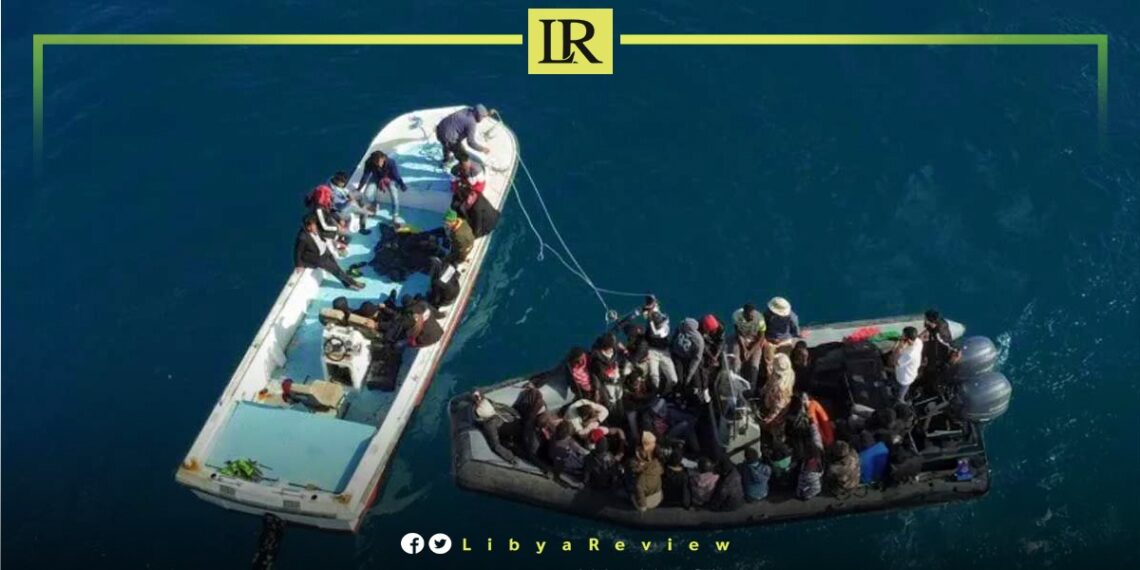On Thursday, the Italian government approved a new €20 million humanitarian program aimed at facilitating the voluntary return of 3,300 vulnerable migrants currently stranded in Libya, Tunisia, and Algeria.
The initiative is being carried out in cooperation with the International Organization for Migration (IOM) and is part of Italy’s broader strategy to manage migration flows from North Africa, especially from Libya, which remains a key departure point.
The program focuses primarily on migrants living in difficult and unsafe conditions, offering them assistance to return to their countries of origin, mostly in sub-Saharan Africa, safely and with dignity. It also seeks to reduce the number of dangerous sea crossings to Europe through the Central Mediterranean route—one of the deadliest migration corridors in the world.
According to the Italian Ministry of Foreign Affairs, the initiative was confirmed during a session of the Joint Committee for Development Cooperation, chaired by Foreign Minister Antonio Tajani, who described the program as a response to “the urgent humanitarian needs of migrants, especially in Libya.”
Libya remains a major concern in European migration policy due to its chaotic detention system, ongoing instability, and role as a smuggling hub. Many migrants in Libya are held in overcrowded facilities, exposed to exploitation, violence, or abuse. Italy’s cooperation with Libyan authorities, while often controversial, has centered on migration control and regional stability.
In addition to return flights, the program includes reintegration support, especially for those leaving Libya. Migrants will be offered vocational training, entrepreneurship opportunities, and social assistance to help them restart their lives back home.
Despite a 60% drop in sea arrivals to Italy in 2024—thanks in part to enhanced coordination with Libya and other North African countries, the risk to migrants remains high. According to the IOM, at least 100 people died or disappeared while attempting the crossing in 2024 alone.


